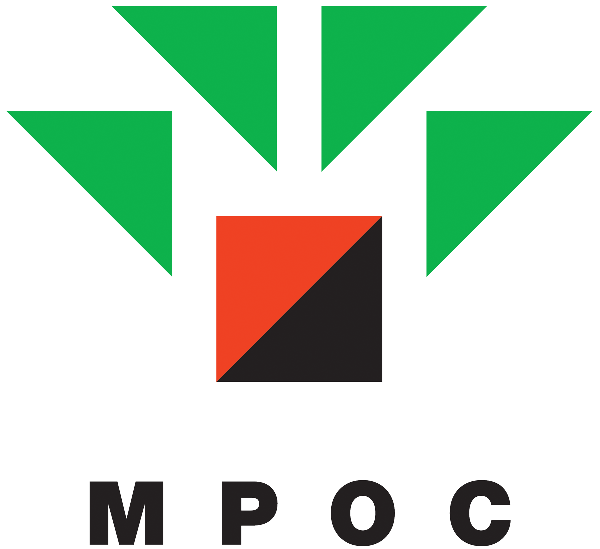Sri Lanka is moving gradually toward economic recovery, with GDP growth projected at 3.3% in 2025 and expected to exceed 4% by 2026. The economy is showing renewed momentum, particularly in tourism, private consumption, and export competitiveness. Alongside these developments, the country’s food sector is evolving in response to urbanization, changing consumption habits, and the growth of the HORECA segment.
Demand for reliable and cost-efficient sources of fats and oils is increasing, particularly in both culinary and industrial food applications. Sri Lanka currently consumes between 230,000 and 250,000 tonnes of edible oils and fats annually, while domestic production meets only about 65,000 to 70,000 tonnes of this need. The shortfall is largely covered by imports, with palm oil forming a central part of the supply mix after coconut oil.
Within this space, Malaysian palm oil has established itself as a dependable source for Sri Lanka’s food manufacturing industry. Beyond ensuring supply continuity, it also supports opportunities for product diversification through specialty fats, functional ingredients, and value-added palm-based solutions. Over the past five years, Malaysia has consistently maintained the largest market share, reinforcing its role as Sri Lanka’s primary partner in palm oil imports.
Market Outlook for Convenience Foods and Food Delivery
According to Statista, Sri Lanka’s convenience food market is projected to generate approximately USD 2.64 billion in revenue in 2025, with an anticipated annual growth rate of 7.91% through 2029. Growth in this segment is being driven by increasing demand for quick yet nutritious meal options, particularly among urban consumers. At the same time, the online food delivery market is forecast to reach EUR 968.10 million in 2025, with a compound annual growth rate (CAGR) of 16.05% between 2025 and 2028. This reflects the growing shift toward digital ordering and home delivery, reinforcing structural changes in consumer behavior. Together, these trends highlight a positive outlook for Sri Lanka’s foodservice industry and open opportunities for businesses catering to evolving dining preferences.
Palm Oil in Sri Lanka’s Edible Oils Market
Although modest in overall size, Sri Lanka has proven to be a stable and consistent market for palm oil, importing between 80,000 and 100,000 tonnes annually. Within this landscape, Malaysian palm oil has built a solid position, with exports increasing from 52,561 tonnes in 2022 to 76,957 tonnes in 2024. RBD palm olein remains a mainstay of the HORECA sector, particularly for frying, while there is gradual interest in specialty fats for bakery and non-dairy applications. These segments provide measured opportunities for Malaysian suppliers to diversify offerings and meet specific industrial needs.
In the first seven months of 2025, Malaysian palm oil exports to Sri Lanka demonstrated notable momentum. During the period of Jan-Jul 2025, Malaysia exported 78,488 metric tonnes of palm oil and palm oil products, nearly doubling the volume recorded in the same period of 2024 (39,275 metric tonnes). This 100% year-on-year increase points to strengthening trade relations and a clear rise in demand. Factors supporting this growth include consistent product quality, competitive pricing, and established supplier relationships, which collectively reinforce Malaysia’s role in the country’s edible oil supply chain.
Conclusion
Sri Lanka continues to present promising opportunities for Malaysian palm oil. With steady consumption needs, growing interest in value-added applications, and Malaysia’s established reputation as a trusted supplier, the market outlook is favorable. By aligning product offerings with sectoral demand and maintaining active industry engagement, Malaysian exporters can support sustainable growth in this important South Asian market.
Prepared by: Roshan Martis
*Disclaimer: This document has been prepared based on information from sources believed to be reliable but we do not make any representations as to its accuracy. This document is for information only and opinion expressed may be subject to change without notice and we will not accept any responsibility and shall not be held responsible for any loss or damage arising from or in respect of any use or misuse or reliance on the contents. We reserve our right to delete or edit any information on this site at any time at our absolute discretion without giving any prior notice.





